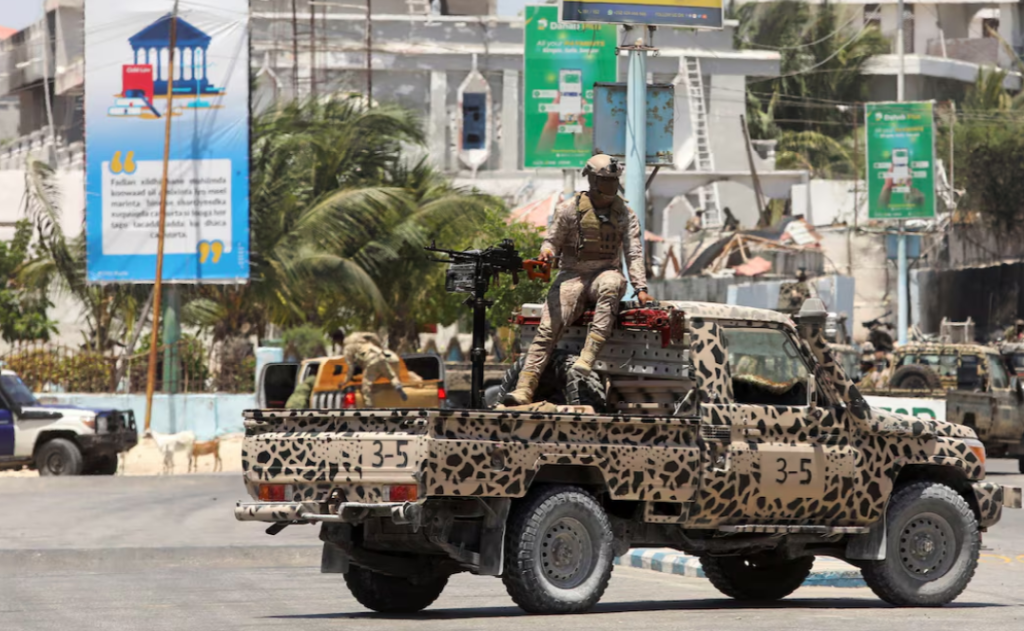Somalia’s government has requested a delay in the withdrawal of African peacekeepers, citing concerns about a potential security vacuum and the resurgence of al Shabaab militants. The African Union Transition Mission in Somalia (ATMIS) is set to withdraw by December 31, but Somalia wants to slow down the process, fearing a hasty drawdown will contribute to a security vacuum.
The government has asked to delay the withdrawal of half the 4,000 troops due to leave by the end of June until September. The request comes as neighboring countries, such as Uganda and Kenya, express concerns about the potential for al Shabaab to seize power in Somalia.
The European Union and United States, the top funders of the AU force in Somalia, have sought to reduce the peacekeeping operation due to concerns about long-term financing and sustainability. Negotiations about a new force have proven complicated, with the AU initially pushing for a more robust mandate than Somalia wanted.

Somalia’s government has projected confidence in its ability to secure the country, but analysts warn that the new force may not be sufficient to prevent a security vacuum. The withdrawal of peacekeepers could make it more difficult for Somalia to hold territory, and the government has acknowledged a shortage of trained personnel due to “high operational tempo” and “attrition”.
Despite international support, Somalia’s security remains fragile, and the potential for an Afghanistan-like collapse is a concern. The international community is committed to supporting Somalia, but resources are under strain, and financing for the new mission remains a challenge.